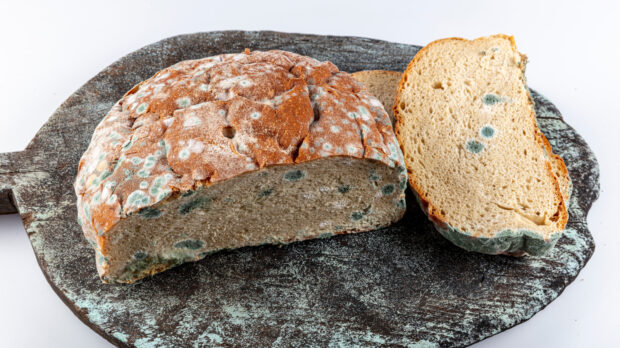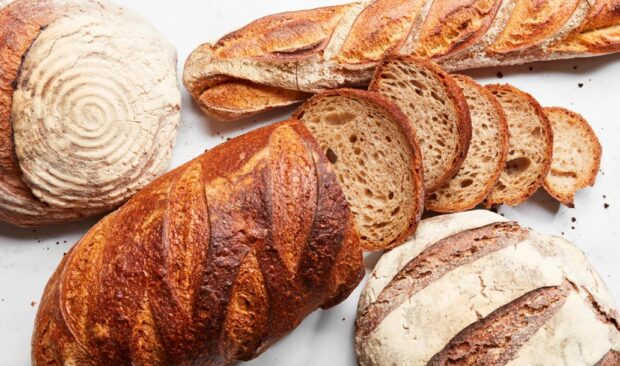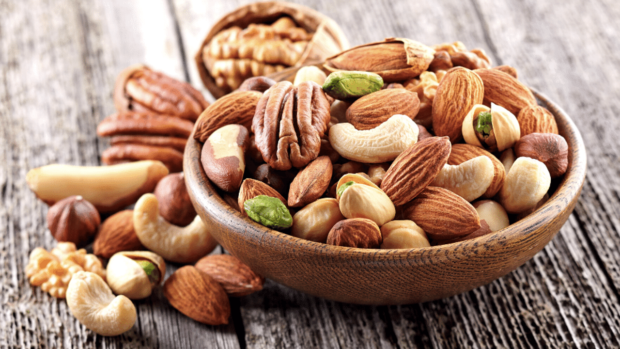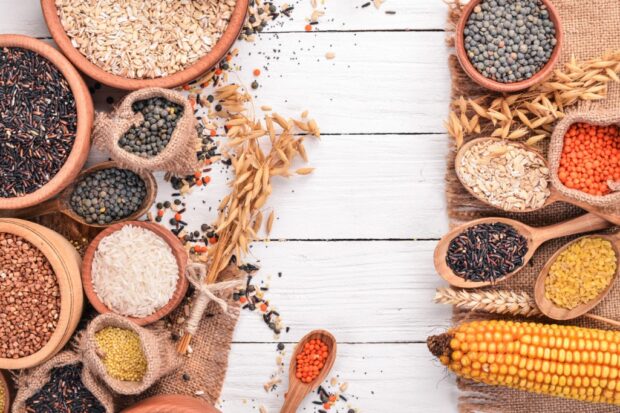
Having a well-stocked pantry is a kitchen essential, but without proper storage and vigilance, it can quickly become a breeding ground for mold. Mold thrives in warm, moist environments and can quickly spoil even the most robust food items.
By being aware of the top foods prone to mold when stored in the pantry, you can take proactive steps to prevent contamination and protect your familys health.
From grains to nuts, fruits to condiments, knowing which items are most susceptible to mold growth can help you maintain a safe and clean pantry environment. Learn more about these common culprits and how to safeguard your pantry from mold infestations.
Bread and Baked Goods
Bread and baked goods are a common staple in many households, but unfortunately, they are also prone to mold when stored in the pantry. Whether its a loaf of bread, a bag of bagels, or a batch of homemade muffins, these items can quickly develop mold if not properly stored. Mold thrives in warm, moist environments, making the pantry an ideal breeding ground.
To help prevent mold growth, its important to store these items in airtight containers or sealed bags. Check bread and baked goods regularly for any signs of mold, such as a musty smell or visible green or white spots. If you do discover mold, its best to throw the item away to prevent it from spreading to other food items.
By taking a few simple precautions, you can enjoy your favorite bread and baked goods without the worry of mold contamination.

Nuts and Seeds
Nuts and seeds are popular pantry staples due to their versatility and nutritional benefits, but they are also prone to mold if not stored properly. It is important to keep nuts and seeds in airtight containers in a cool, dry place to prevent mold growth.
Additionally, it is recommended to check for any signs of mold before consuming them, such as a musty smell or discoloration. When buying nuts and seeds in bulk, be sure to store them in smaller portions to avoid exposing the entire batch to potential mold spores.
By taking these precautions, you can enjoy the many health benefits of nuts and seeds without the risk of mold contamination.

Grains and Cereals
Grains and cereals are common pantry staples that are unfortunately prone to mold if not stored properly. Rice, quinoa, oats, and other grains can easily attract mold if exposed to moisture or stored in a warm, humid environment. It is important to ensure that these items are kept in airtight containers or sealed bags to prevent moisture from getting in.
Inspecting grains and cereals regularly for any signs of mold growth and promptly discarding any affected items is essential to avoid consuming harmful toxins. Properly storing these pantry items in a cool, dry place away from direct sunlight can help extend their shelf life and prevent mold growth.

Conclusion
In conclusion, it is important to be mindful of the top foods prone to mold when stored in the pantry to prevent the growth of harmful mold and protect our health. By regularly inspecting the pantry for any signs of mold and properly storing foods in airtight containers, we can reduce the risk of contamination and keep our kitchen safe.
To ensure proper measures are taken, it may be beneficial to consider a professional mold inspection. For instance, mold inspection Tampa services can address any potential concerns and help maintain a healthy living environment. By staying vigilant and practicing good food storage habits, we can enjoy fresh and safe pantry staples for longer periods of time.



